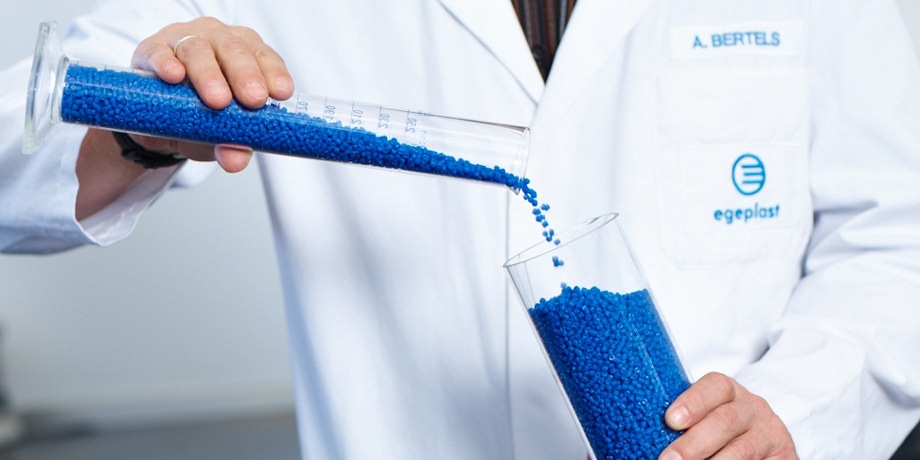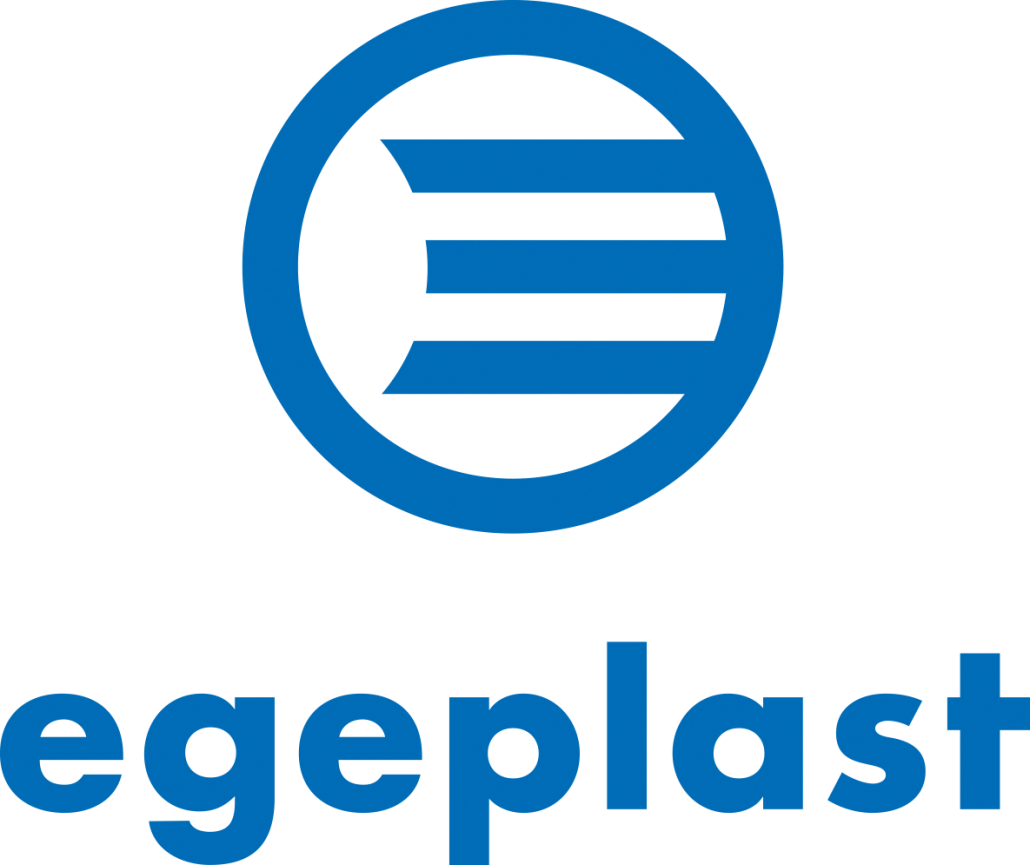100 years service-life

The high requirements made on piping systems for supply and disposal purposes, and for telecommunications, are fulfilled without any restrictions by polyethylene pipes. Their central benefit can be found in fusion-based homogeneous joining of pipes by means of welding. Their low weight and high flexibility permit trouble-free, environmentally safe installation. Neither corrosion, nor depositions, nor encrustations are problems, at any time throughout their service-life. The material has excellent mechanical properties, with the result that no damage to correctly installed polyethylene pipes need be expected. Finally, its resistance to practically all polar solvents, and also to acids, alkalis, water, alcohols and oil, make polyethylene an ideal material for piping-system production.
Standardized service-life
The polyethylene grades nowadays supplied by leading materials manufacturers for piping systems conform with the requirements of DIN 8074/75 for scientifically and normatively assured service-lives of above 100 years. And how is that possible, since polyethylene is a material which has been produced only for around fifty years? Short-term tests at a temperature of 80? C permit deductions concerning the service-life of PE pipes, using the Arrhenius equation.
Development of new catalysts
Polyethylene pipe materials are classified on the basis of their performance in the internal pressure creep rupture test. The first grades were classified PE 63, i.e., the creep strength of the pipes made from this material after fifty years is not less than 6.3 MPa at 20? C (water). The development of new catalysts has made it possible to produce polymer blends from long-chain and short-chain polyethylene molecules, enhancing both toughness and stiffness equally. Such modern bimodal polyethylene grades achieve a creep strength of above 10.0 MPa at 20? C (water) after fifty years, and are thus classified as PE 100.
Two further developments
The greater strength of the pipe material permits two further developments in PE 100 pipes compared to pipes made of PE 80: an increase in operating pressure for the same wall thickness or a thinner wall thickness for the same operating pressure. Another alternative is an increase in the Safety Factor.
PE 100-RC
Further developments to the tried and tested PE 100 material in terms of resistance to stress induced cracks make it possible to satisfy the special requirements of alternative installation methods. This special material is characterised by a stress-rupture life of at least 8,760 hours in the FNCT (Full Notch Creep Test) or in the point load test at 80?C; Sigma 4 N/mm2; 2 % Arkopal N-100. Only PE 100 materials that satisfy this requirement may in future be described as PE 100-RC. By way of comparison: the minimum requirement for approval of PE 100 at the German Institute for Construction Technology is just 300 hours under the same test conditions.
PE-RT
PE-RT (Polyethylene of Raised Temperature Resistance), is a further development undertaken with the aim of permitting the use of polyethylene materials even at elevated operating temperatures. Unlike the crosslinked polyethylene grades (PEX), this has been achieved by means of modification of the structure of the PE macromolecules, without any sacrifice of advantageous properties such as good resistance to stress-induced cracking and the toughness of the unmodified polyethylene.
more informations:
Benefits in a glance
